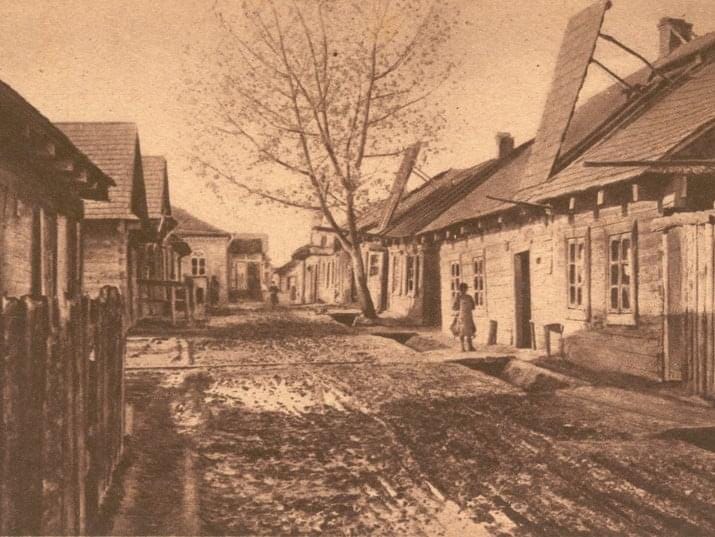It is inevitable, with a religion as old as Judaism, that some rituals will drift away from their original meaning, but some rituals drift further than others.
When I light Hanukkah candles, for example, I may not be thinking about Zoroastrian fire rituals, but the warm glow of bright lights on a cold winter night is surely universal. Matzah, on the other hand, not so much: a food that is meant to commemorate a speedy and definitely-not-outsourced baking process now has the distinction of being the Jewish food least likely to be made at home. (I’ll write more about this around Passover.)
On this scale, the sukkah has drifted pretty far from its original ideas. The governing principle behind what makes a sukkah kosher is that it must be a temporary structure; its roof can’t be made out of anything artificial (according to a rabbinic understanding of artificial). This is ostensibly because the sukkah is supposed to remind us of the Israelites’ trip from Egypt to Israel and the temporariness of their dwellings along the way, an idea also pretty far from the experiences of
But modern sukkahs aren’t really “temporary;” the right word is probably “seasonal.” Take a look at this photograph of a Russian village in the 1910s, in which people made their own houses into sukkot by building retractable roofs. Does this look temporary to you?
I’m OK with the fact that the sukkah is kind of playing at “temporary dwelling,” in the same way that people backpacking with thousands of dollars of ultralight gear are playing at “roughing it.” Things can be important and meaningful even if they’re not authentic to the original creators. Lizzo doesn’t need to ask James Madison’s permission to play his crystal flute, to use a reference that won’t make sense to anyone in six months.
Here’s what I don’t understand: in this era when liberal Jews have gone out of their way to connect all Jewish holidays to contemporary social concerns (Tu Bishvat for ecology, Passover for slavery and oppression, etc.), why is Sukkot so completely disconnected from its obvious corresponding social problems; namely: housing and migration.
First, housing. America’s chronic housing shortage and the zoning laws that perpetuate this crisis. Sukkot is literally a holiday of YIMBY (Yes In My Backyard). There’s even a well-loved story (who knows if it’s true) all about a New York Jew breaking his building code and defying his landlord and a judge who miraculously bends the rules for him. This story contrasts pretty poorly with recent protests against homeless shelters in the very same city (something that Rabbi Avi Killip has noted). In the suburbs, Sukkot is a holiday where people appreciate how much space they control; in cities, it’s a holiday where people appreciate how little. Either way, it is surely a time to confront questions about who deserves to live where, and how any deviation from standard housing arrangements is stressful and often politically complicated.
The connection to migrants and migration is even stronger, because housing while in transit is necessarily temporary, and temporary housing that you didn’t choose to be in is terrifying. The world is currently flooded with migrants living in terrible conditions—some imposed by bad circumstances, some exacerbated by states who are hostile to them—and somehow none of the messaging around Sukkot suggests that staying in a Sukkah gives us a tiny taste of the hell that other people are living. If you don’t believe me, take a look at this video I made back in 2015, probably one of the angriest pieces of art I’ve ever made.
I’m not the first person to draw the connection between sukkot and home security, but the idea is still quite marginal. So, if you’re celebrating sukkot this year and you’re trying to figure out how to make it meaningful, ditch the “ha ha look at all the Jews in Home Depot” memes and consider making a donation to a local homeless shelter or HIAS, or learn about your local zoning laws. And as you sit in the sukkah, think about how different it would feel if you couldn’t just go inside the moment it started raining.





Really enjoyed reading this essay. However, the video you link to is marked as private on Youtube.